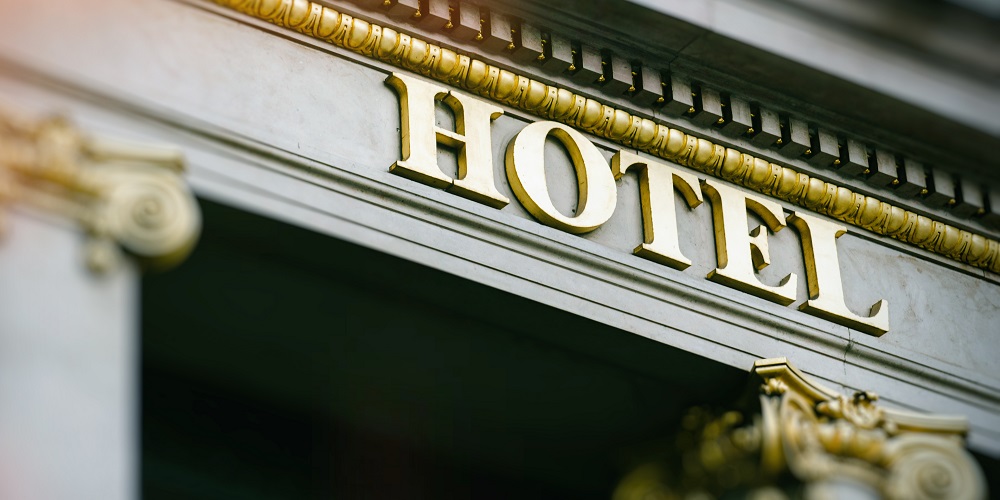The hospitality and tourism sector is both a buoyant business – offering promising returns on investment – and a complex market that requires extensive expertise. Natixis and its experts have successfully forged a strong position in the sector.

Tourism is a booming sector with 1.4 billion tourists in 2018, and 1.8 billion per year expected in 2030, including 150 million Chinese tourists currently and 400 million in ten years. Europe is the leading tourist destination worldwide and welcomes slightly more than 50% of total world tourist numbers, with major capitals such as London, Amsterdam, Venice – and of course Paris – in very high demand.
“Hotel demand is increasingly steadily year on year” notes Laurent Bigot, Hospitality Industry Banker at Natixis’ Corporate & Investment Banking arm’s Real Estate & Hospitality department. “A lot of luxury hotels have opened in Paris over the past few years, but the real estate market remains very stretched and supply is growing more slowly than demand, leading to occupancy rates of as much as 100%. During events like Fashion Week or the Air Show, there are no free rooms in Paris or the suburbs and this provides scope for Airbnb and other alternative accommodation services to develop.“
A market of experts
This asset class obviously attracts a lot of investors and remains an expert-led area as it offers high yields while also carrying real risks. The sector has experienced greater changes than other businesses over the past ten years, as after traditional family-run hotels gave way to large chains such as Accor, Intercontinental and Hilton, newcomers such as B&B, Generator and Mama Shelter then introduced new more innovative concepts. It is also worth noting that these chains do not actually own their property, but rather manage hotels for large investors or real estate companies, such as Covivio Hotels, which has close to €6bn in hotel assets in Europe across France, Germany, the UK, Spain and the Netherlands, or venture capital fund Henderson Park, which bought the Méridien Etoile in 2017 and more recently the Westin Paris Vendôme. The hotel sector is attractive, but portfolios need to be solid, and managing them requires nerves of steel.
“Unlike standard real estate, which is often very local, hotel investment usually attracts international companies, which entrust their assets to other international companies that manage business using standardized processes from New York to Sydney. This is a truly worldwide business that requires both responsiveness and creativity” notes Laurent Bigot. “Natixis has arranged lending of €3bn on hotel assets in Europe in the space of four years, making it one of the leading European banks in hotel financing and a truly successful company in this space.“
Volatility offset by sound profitability
The key to this success is extensive insight into the sector and companies. “When financing a hotel, the company takes risks on both the value of the property and the corporate structure that generates revenues and pays the expenses. This is very different to an office block – which is rented to a large company and provides steady income from regular rent – as there is an operating structure that can be affected by seasonal fluctuations in tourist numbers or unexpected events.“
These assets have more severe cashflow volatility, but they also boast stronger profitability, as office property offers returns of 3.5% on prime assets, while high-quality hotel assets deliver yields that are 50-100bps higher. Looking beyond the figures, the hotel sector must constantly develop and improve in terms of distribution, client experience ─ which is becoming ever more personalized – as well as the types of stay and services on offer, while also constantly ensuring that products display the highest performance possible. This is an interesting challenge for Natixis.
|
Key figures
|






